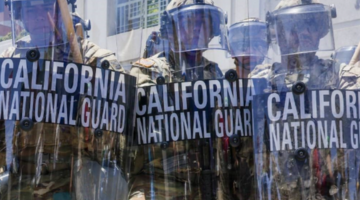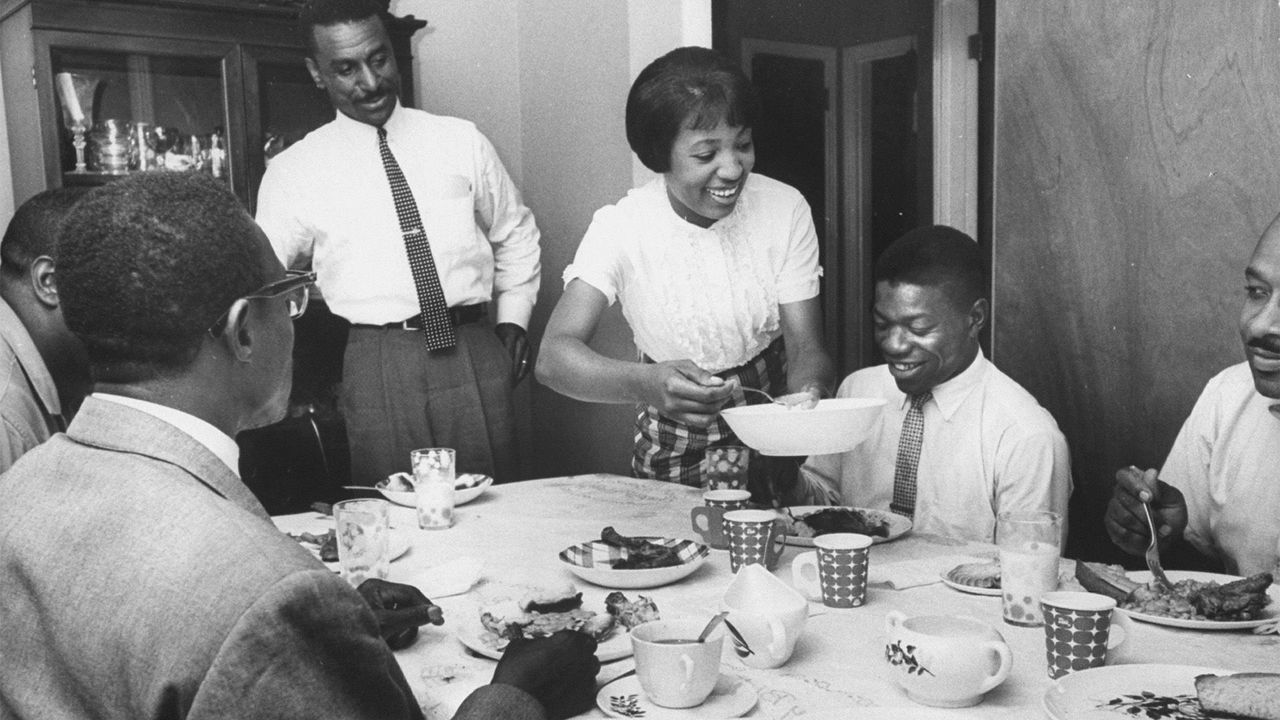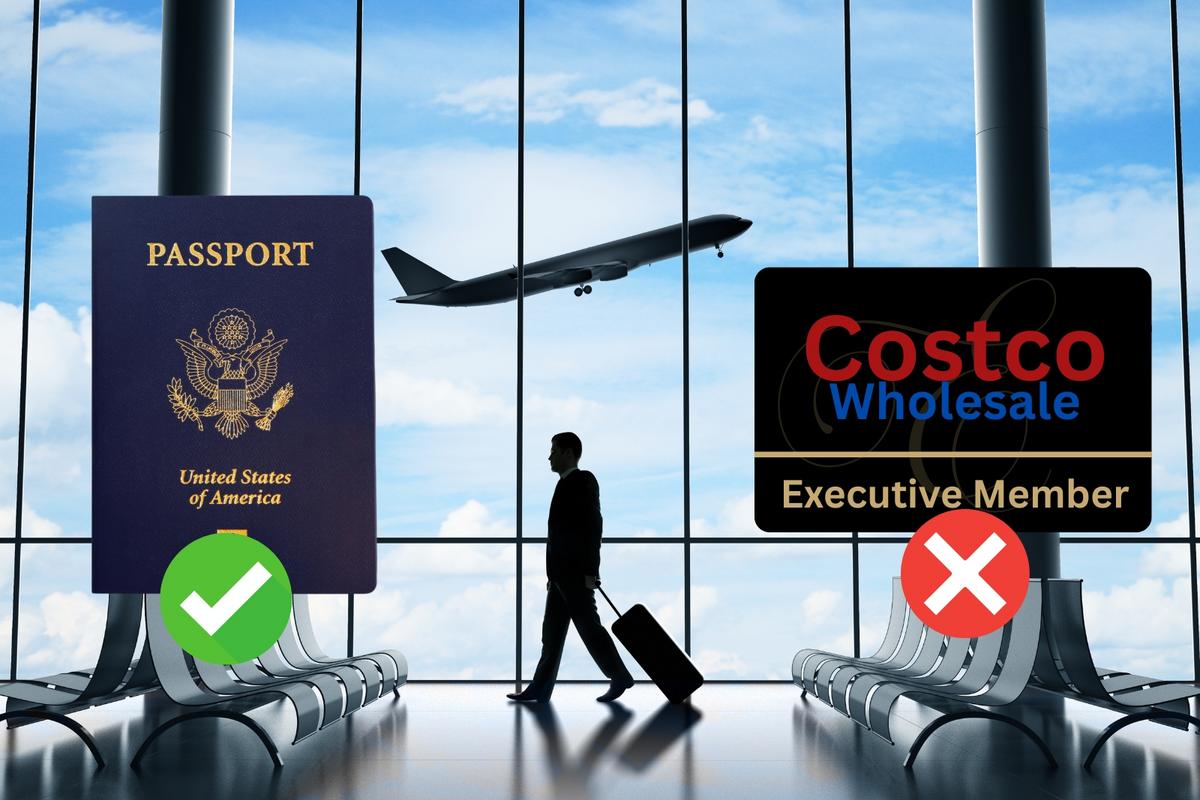- BlackVoter.Org
- Posts
- BlackVoter.Org
BlackVoter.Org


In the midst of a turbulent political landscape, Black Americans are urged to focus on five key Trump policies that could significantly impact their communities. Amidst a public feud between Donald Trump and Elon Musk, advocates warn that the distractions may overshadow critical issues.
The GOP's controversial "One Big Beautiful Bill Act" aims to address fiscal matters but could lead to disastrous outcomes, including cuts to essential Medicaid and Medicare programs that many Black Americans rely on. The bill's potential to increase the national debt and leave millions uninsured is alarming.
Additionally, renewed travel bans targeting majority-Black nations, layoffs in federal agencies affecting predominantly Black workers, and environmental deregulation in Black communities pose further threats. As voter suppression tactics rise, the need for awareness and action is paramount, reminding us that the fight for equity and justice continues.

On June 11, we reflect on a pivotal moment in history—1963, when the University of Alabama was desegregated. Vivian Malone and James Hood became historic trailblazers as they enrolled as the first Black students, despite a dramatic showdown with segregationist Governor George Wallace, who initially blocked the doorway before yielding to National Guard intervention.
This event marked a significant stride toward racial equality in education and civil rights in America. Coincidentally, on this day, the World Health Organization declared the first global flu pandemic in over four decades, highlighting the ongoing challenges the world faces.
Today serves as a reminder of both the courageous steps taken for justice and the continual fight against adversity.

In a striking critique, Margaret Kimberley delves into the complexities of Black political engagement amid rising anti-ICE sentiment in Los Angeles. While a coalition of community groups fights against the oppressive actions of Immigration and Customs Enforcement, some Black individuals express apathy or even align with those actions, thinking they have little at stake.
Kimberley argues this mindset is dangerous, stemming from a legacy of repression, misinformation, and historical amnesia that dissuades solidarity with other marginalized communities. She emphasizes that Black liberation must intersect with the struggles of all oppressed groups to effectively combat the systemic violence perpetuated by the state, including economic exploitation and racial injustice.
As she reflects on recent events, Kimberley calls for a deeper understanding of interconnected struggles, urging Black Americans to recognize that their fight against oppression should include empathy and support for others facing state violence.

Discover five historic eateries that played a pivotal role in the civil rights movement, serving not just food but also as safe havens for activism. From Lannie's BBQ Spot in Selma, which provided comfort and shelter during protests, to Dooky Chase in New Orleans, a vibrant hub for civil rights leaders, these restaurants nourished both body and soul.
Brenda's Bar-B-Q Pit quietly fueled the Montgomery bus boycott, while The Four Way in Memphis became a favorite of Martin Luther King Jr. Paschal's in Atlanta was an unofficial headquarters where activists strategized over Southern dishes.
Lastly, the Big Apple Inn in Jackson, once home to NAACP offices, exemplified the community's resilience. These establishments remind us of the unsung heroes behind the movement, showcasing how food fostered unity and resistance during a transformative time in American history.

Joy Reid is sending a powerful message to Black communities, urging them to see through what she calls Donald Trump's manipulative use of pardons. Following his controversial decisions, including pardoning high-profile figures like NBA YoungBoy and notorious gang leader Larry Hoover, Reid warns that these moves are designed to reshape perceptions of criminality for political gain.
She argues that Trump’s actions are a dangerous mix of pop culture and social justice faux pas, particularly aimed at garnering Black support ahead of the 2024 elections. By framing his pardons as benevolent acts while facing serious legal issues himself, Reid contends that Trump is attempting to distract from the realities of corruption.
She emphasizes the importance of recognizing these political bait tactics, urging her audience, “Don’t be fooled.” Her poignant insights highlight a crucial conversation about justice and representation in an increasingly complex political landscape.

Juneteenth, celebrated on June 19, marks the day in 1865 when Union troops finally informed the last enslaved African Americans in Texas about their freedom—over two years after the Emancipation Proclamation. Established as a federal holiday in 2021, Juneteenth invites all Americans to reflect on the complexities of U.
S. history, acknowledging both the triumphs of freedom and the painful legacies of oppression.
It symbolizes not just the end of slavery but also the beginning of an ongoing struggle for civil rights, with the Reconstruction Era showcasing the potential for democratic progress followed by severe backlash from segregationists. Today, as discussions on racial justice continue to be met with resistance, the celebration of Juneteenth serves as a reminder that real patriotism involves confronting the past honestly.
Engage with history: read, reflect, and converse with others about the journey and challenges that lie ahead, recognizing that understanding our past enriches our national identity.

The TSA recently had to debunk a viral myth: your Costco membership card won’t cut it as valid ID for flying! With the REAL-ID requirement now in effect, travelers need a government-issued photo ID to board flights. While Costco cards might get you great deals on hot dogs and rotisserie chickens, they don't meet the standards set for travel.
The TSA made it clear that although you can still fly with your membership card, don’t rely on it for identification at the airport. This humorous mix-up reflects how easily misinformation can spread online, and the TSA is here to set the record straight.
